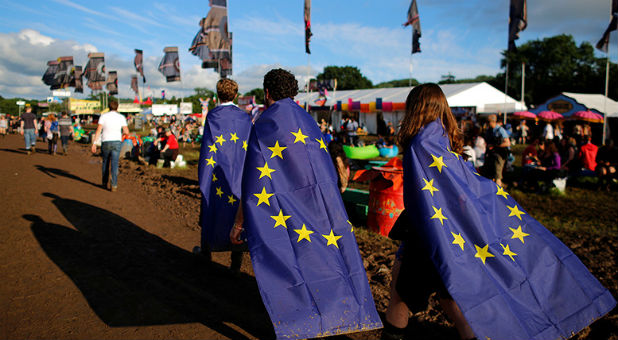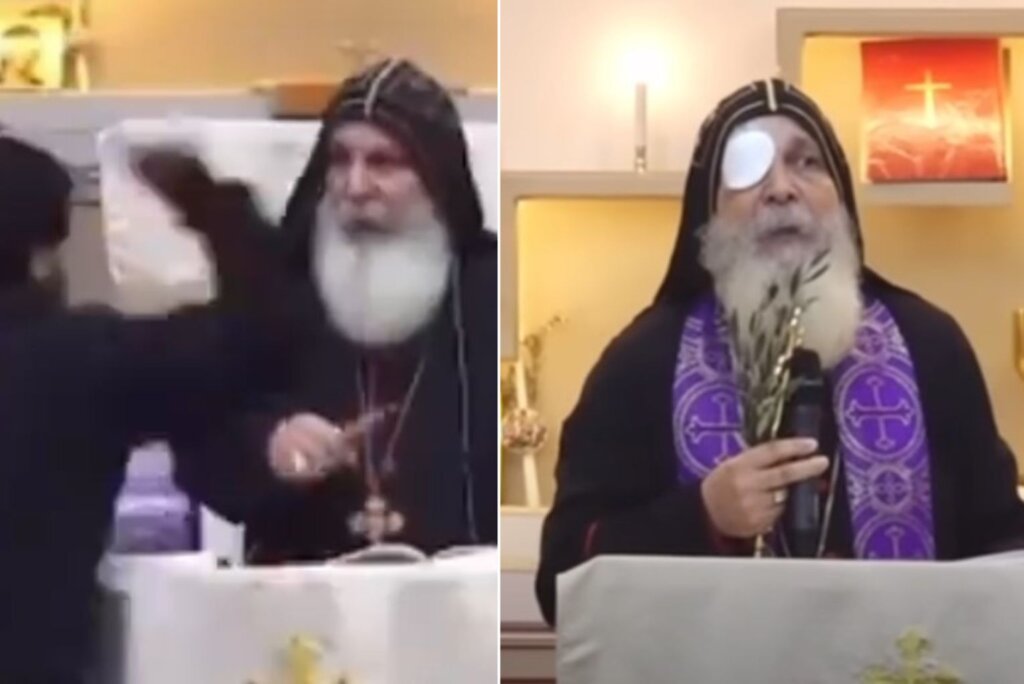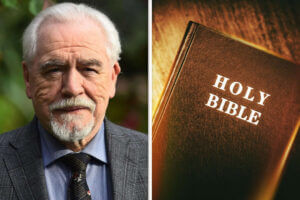For the last month, fliers about the United Kingdom’s referendum on the European Union have come through my door with statements like: “The EU costs us at least £350 million a week. That’s enough to build a new NHS hospital every week.” Not one of them has mentioned religion.
On Thursday (June 23), U.K. voters decide whether to stay or leave the EU—the single market created to ease the flow of goods and people among its 28 member states.
The “Brexit” referendum, as it is called—a handy abbreviation of “British exit”—is tied up with issues of economics and immigration, and different ideas of what serves the nation best. But religion also motivates voters.
In Britain, Christian and Muslim communities are each divided over whether to remain in the EU. The “Muslims for Britain” campaign advocates that the nation leave. The group interprets political independence as a positive position, one that will open trade with Commonwealth countries such as Pakistan, Bangladesh and India.
Muslims like Miqdaad Versi, though, claim Britain must remain in the EU. Muslims are “safer in a diverse community,” he says, and a decision to leave would make the country more fertile ground for Islamophobia.
Christian communities exhibit a similar division. Roman Catholics tend to promote partnership with the EU, while the majority of Protestants want to leave. Alison Milbank, a theology professor and Anglican priest, holds that the EU’s origin is “certainly the work of the (Holy) Spirit.” Unity that empowers individuality along with cooperation among nations, she claims, resembles the event of Pentecost in the New Testament.
Former Archbishop of Canterbury Lord Carey also offers biblical evidence, but in his case, for a vote to leave. From the book of Exodus, he parallels the Israelite liberation from Egypt to the U.K. parting from the EU, a situation that would allow Britain to control its own laws and borders. He writes, “what if the ‘relationships’ at stake in the EU were bringing about division rather than unity?”
The religious debate on Brexit is not simply a matter of faith or theology but reveals central issues of concern: diversity, safety, unity and fear. These concepts govern the arguments from both campaigns.
One relevant subject, though, has received very little attention as voting day approached, even from religious communities.
In June 2013, all EU members came under regulation of the “Guidelines on the promotion and protection of freedom of religion or belief.”
The title captures the thrust of the document, but its 14 pages set out the core values of the EU: The free exercise of religion or belief, it reads, “directly contributes to democracy, development, rule of law, peace and stability.”
The guidelines promote “the building of pluralistic, tolerant, and democratic societies” and lists additional ideals such as nonviolence, individualism and flexibility in membership.
This document champions a clear set of values. And these values may or may not align with the values of a particular religion.
For example, according to the guidelines, the freedom of LGBT people overrides the freedom of religious action, a source of controversy within and outside Britain. Members of each religious group, and of all theological convictions, must decide if a vote to remain equates to an affirmation of the EU’s value system.
Some leaders suggest alignment.
Thirty-seven representatives of Christianity, Islam and Judaism recently announced that “Faith is about integration and building bridges, not about isolation and erecting barriers.” As leaders and senior figures of faith communities, they urged their co-religionists and others to think about the implications of a “leave” vote “for the things about which we are most passionate.”
Certain branches of these religions, however, are not passionate about integration and building bridges, at least not in a promotional sense. And some of those views may be quite theologically and historically prudent.
A vote to leave by a Protestant Christian, for instance, might communicate a lack of support for the unity of Roman Catholic and Protestant traditions. For those aiming to reconcile the long-standing divorce between these two traditions, a vote to remain may bring them one step closer to remarriage.
For members of these communities, the decision is not simple, it’s complex, and it involves matters of theology and history that exceed the immediate factors of finance and employment.
Second, a religious perspective on the vote does not involve only Muslims, Christians, Jews and other such traditional, institutional communities.
The EU document incorporates all belief systems, “non-theistic or atheistic beliefs” included. Whether voters believe in gods or no gods or half a god or the God, they must account for the religious implications of their vote. Do those satisfied with a naturalistic explanation of the world want to grant Christians and Muslims the freedom of religious activity and integration outlined by the EU?
Religion will, I hope, most ardently influence its adherents. A diluted faith is no faith worth having. Voters of all stripes must account for the religious motivations of their votes, but also their vote’s implications for religion. {eoa}
© 2016 Religion News Service. All rights reserved.
See an error in this article?
To contact us or to submit an article






















